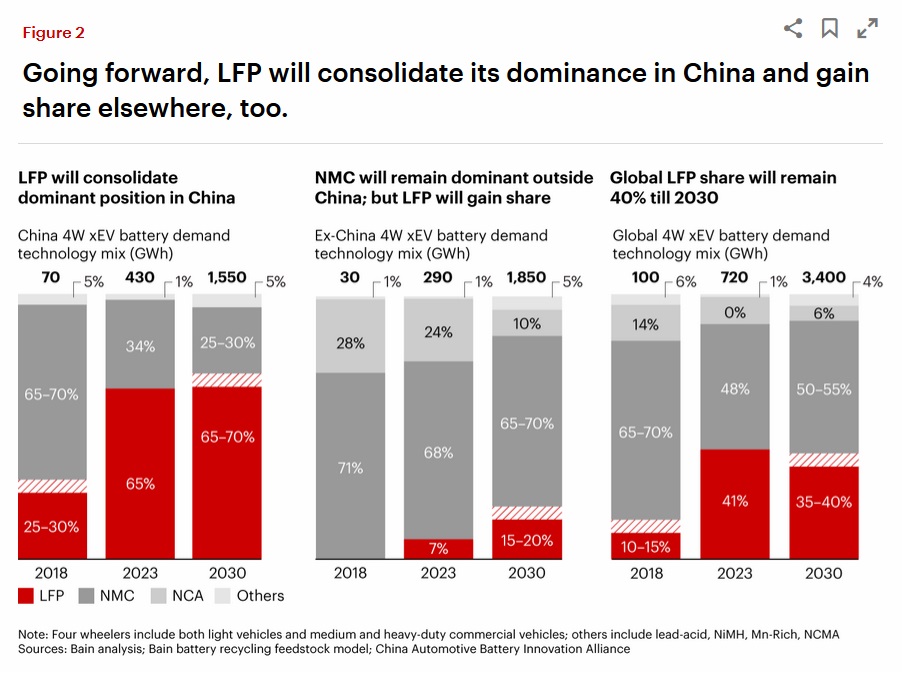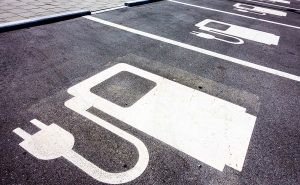
Demand for Electric Vehicle Batteries to Increase Significantly

A study published by Bain & Company highlights that the electric vehicle industry will experience a significant increase in the amount of batteries required for its industry.
The report estimates that by 2030 the demand will be 4,100 gigawatt-hours, quadrupling the current figures and stemming from the growth in sales of this type of vehicle.
Similarly, the value of batteries and their capacity are determining factors for the nascent automotive electric industry, which explains why manufacturers are immersed in a race to perfect their products in terms of performance, useful life and new forms of production such as lithium batteries.
In that sense, the report shows some key trends that will shape the electric vehicle battery market by 2030.

You may also read: Stellantis and CATL Work Towards Battery Development
Alternatives
On the one hand, Bain & Company points out that although battery models using solid-state sodium or sodium-ion batteries are currently under development, lithium batteries are expected to maintain their dominance in the EV market until at least 2030.
On the other hand, lithium-iron phosphate and nickel-manganese-cobalt combinations will be predominant in batteries.
These mixtures are present in 90% of electric battery sales worldwide, and in addition, variations with other components are gaining ground in China and proving their effectiveness.
It is also expected that, as a result of the advances in favor of better performance in lithium batteries and their price reduction, the quality and quantity of available batteries will increase.
Likewise, the integration of electric batteries into the vehicle chassis and the use of artificial intelligence to manage energy consumption will be innovations present in new electric models.





